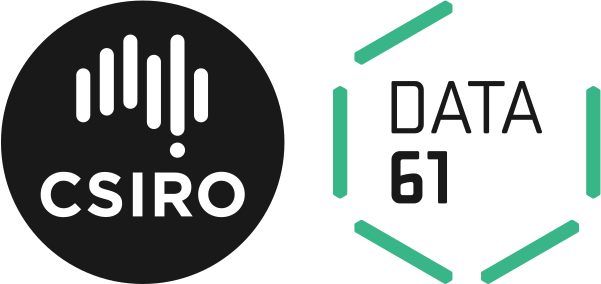{-# LANGUAGE TemplateHaskell #-}
-- The generated code requires at least these extensions
{-# LANGUAGE DataKinds #-}
{-# LANGUAGE UndecideableInstances #-}
import Language.Haskell.Instance.Ban
data Foo = -- ...
-- Declare that Foo should never have a ToJSON instance
$(banInstance [t|ToJSON Foo|] "why ToJSON Foo should never be defined")Code that attempts to use the banned instance will generate a custom error message:
• Attempt to use banned instance (ToJSON Foo)
Reason for banning: why ToJSON Foo should never be defined
Instance banned at [moduleName] filePath:lineNumber
Banning an instance allows the programmer to actively declare that this instance should never be defined, and provide a reason why. In terms of what programs the compiler will accept, banning an instance is the same as leaving it undefined.
Our main use case is banning ToJSON/FromJSON instances on "core"
data structures to ensure serialisation/deserialisation is defined at
API boundaries. We have systems which send and receive values of
similar types over multiple different APIs, and which need to vary
their JSON representations independently to allow upgrades. Defining
serialisation on core data types means that changes to the
ToJSON/FromJSON instance can cause breakage at the API layer of
some unrelated system, on the other side of the codebase. Better to
ban ToJSON/FromJSON on the core data types, and define types for
presentation that live alongside the rest of the API:
-- In some "core types" module:
data Foo = -- ...
$(banInstance [t|ToJSON Foo|] "use a newtype wrapper at the API layer")
$(banInstance [t|FromJSON Foo|] "use a newtype wrapper at the API layer")
-- In the module for V1 of the API:
newtype V1 a = V1 a
instance ToJSON (V1 Foo) where -- ...
instance FromJSON (V1 Foo) where -- ...
-- In the module for V2 of the API:
data V2 a = V2 a
instance ToJSON (V2 Foo) where -- ...
instance FromJSON (V2 Foo) where -- ...- Type quotations
[t|...|]do not support free variables (GHC#5616).
